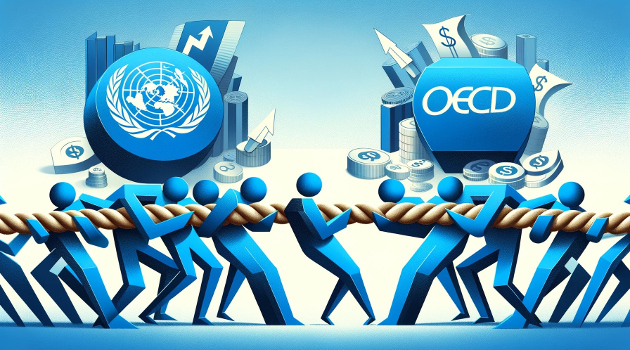Originally published by IFC Review on January 5, 2024.
There’s a lot to dislike about the OECD’s domination of global tax policy. For one, it has worked in recent decades to coerce non-member nations into adopting policies that satisfy the ideological preferences of high-tax European welfare states. Creation of the so-called Inclusive Framework serves as little more than window dressing to this effort.
The OECD’s current agenda seeks to limit competition and is detrimental to economic growth. Nevertheless, there’s reason to question whether a more prominent role for the United Nations in global tax policy offers any improvement.
The UN has a poor track record on issues it has historically prioritized. The Security Council gives veto power to some of the world’s worst contributors to global conflict, its peacekeepers are plagued by accusations of abuse and ineffectiveness, and its aid programs are rife with corruption.
And though the OECD’s exclusivity of membership offers one kind of problem, the UN’s inclusiveness might be an even bigger one. As a political forum, it often fails to resolve disputes because including all nations necessarily means giving voice and power to illiberal regimes and other bad actors.
In a global economy, tax cooperation between nations is necessary to avoid things like double taxation. Unfortunately, the OECD has focused more on dictating national tax policies than simply facilitating cooperation between the tax systems that nations have already chosen.
Despite these problems, the OECD is the devil we know. There’s little reason to suspect that entrance of the United Nations into the global tax arena would help usher in a better system. At the absolute best, a turf war between the two organizations might reduce the ability of either to undermine fiscal sovereignty but is still probably not worth the cost in added uncertainty and confusion.

